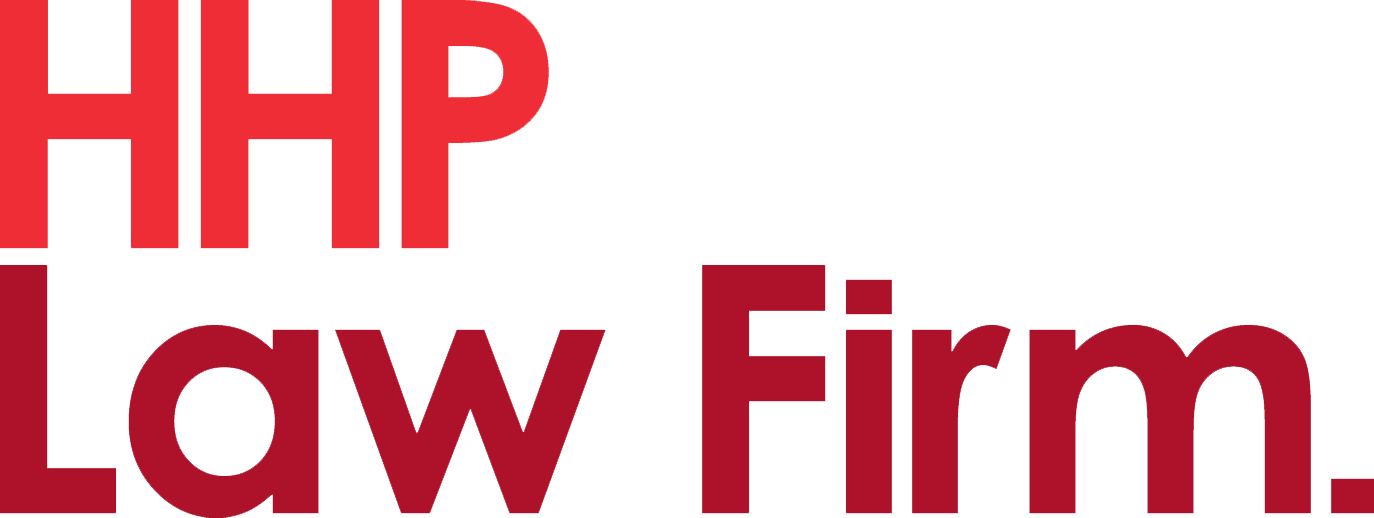In brief
In 2019, the Indonesian Competition Commission (KPPU) issued a regulation (KPPU Regulation No. 3 of 2019) that asserted that KPPU has the authority to review acquisitions of assets, not just acquisitions of shares. Since then, hundreds of acquisitions of asset transactions have been notified to KPPU. KPPU’s concepts of “assets” and their “acquisition” under this regulation are very broad. Essentially, anything that a company can record as its assets that is not a share qualifies as assets for merger control purposes. Potentially, any change of control over assets, not strictly limited to sale and purchase, is an acquisition. That said, KPPU does provide a sensible list of exempted asset acquisitions.
Asset acquisition transactions exempted from merger filing
First and foremost, we should note that as with all forms of transactions under the merger control system, the obligation to file a merger notification does not apply to transactions between affiliated parties. So transfers of assets from one company to another within the same group of companies is exempt from merger control.
Specific to asset acquisitions, KPPU followed up on its 2019 regulation by issuing a merger filing guideline in 2020, which sets out a list of asset acquisitions that are exempt from the merger control notification requirement.
- Firstly, in general, asset acquisitions are exempt if the value of the transaction does not meet the following thresholds. If there is any difference between the book value and the value of the contract, (i.e. the price of the acquisition), the higher value will be used.
- For parties that are not banks, an asset acquisition value of at least IDR 250 billion
- For parties that are banks, an asset acquisition value of at least IDR 2.5 trillion
- Also, in general, certain acquisitions of assets in the ordinary course of business are exempt, namely:
- Transfer of finished goods to resellers for resale to customers or retailers
- Transfer of materials for up to three months of production
- For the property sector, certain transactions are exempt, in addition to the above-mentioned general exemptions, namely
- Acquisition of own office space
- Acquisition of assets for social and common facilities
- Transfer of assets that are not related to the business of the buyer are also exempt, e.g., for corporate social responsibility projects.
For completeness, Article 50 of the Antimonopoly Law (Law No. 5 of 1999) also provides that transactions that are carried out under mandate of laws and regulations are exempt from the application of the Antimonopoly Law. So, asset acquisitions that are carried out to fulfil a mandatory legal requirement are exempt.
There is also a view that under KPPU Regulation No. 3 of 2019 only acquisitions that lead to an increase in the capability of the acquirer to control the market are subject to a merger filing notification obligation: a sort of a materiality test for merger filings. This view is not yet tested in practice, to our knowledge, but it does have a basis in the text of this regulation.
You may not have to file after all
The duty fo file a merger review notice lies with the acquirer of the assets. It is the acquirer who have to spend time and resources to make sure that its notification is successful. It is the acquirer who will bear fine (of at least IDR 1 billion) for failure to submit notice on time. Thus, considering the various exemptions that we discuss above, it is crucial for acquirers to first confirm whether their asset acquisition transactions are subject to a merger filing requirement.
* * * * *

© 2023 HHP Law Firm. All rights reserved. HHP Law Firm is a member firm of Baker & McKenzie International. This may qualify as “Attorney Advertising” requiring notice in some jurisdictions. Prior results do not guarantee a similar outcome.



